
The Enchanting Phobjikha Valley: Bhutan's Hidden Gem
Nestled in the heart of Bhutan, the Phobjikha Valley is a serene and captivating destination that offers visitors a glimpse into the untouched beauty of the Himalayas. Known for its sweeping landscapes, the valley is a haven for nature lovers and those seeking tranquility. It is home to the endangered black-necked cranes, which migrate here every winter, making it a prime spot for bird watchers. The valley's lush green meadows and rolling hills are perfect for hiking and exploring. The Gangtey Monastery, perched atop a hill, adds to the valley's mystique and provides a spiritual retreat with breathtaking views. The traditional villages scattered throughout the valley offer a chance to experience Bhutanese culture and hospitality. Phobjikha Valley is also known for its rich biodiversity, with numerous trails and paths that allow visitors to immerse themselves in the natural surroundings. Whether you're walking through ancient forests or simply enjoying the peaceful ambiance, the valley offers an escape from the hustle and bustle of everyday life. Visiting Phobjikha Valley is like stepping into a different world, where time slows down, and nature takes center stage.
Local tips in Phobjikha Valley
- Visit between November and February to witness the black-necked cranes.
- Carry warm clothing as temperatures can drop significantly, especially at night.
- Stay in a local farmhouse for an authentic Bhutanese experience.
- Hire a local guide to explore hidden trails and learn about the valley's history and culture.
- Respect local customs and traditions when visiting villages and monasteries.
The Enchanting Phobjikha Valley: Bhutan's Hidden Gem
Nestled in the heart of Bhutan, the Phobjikha Valley is a serene and captivating destination that offers visitors a glimpse into the untouched beauty of the Himalayas. Known for its sweeping landscapes, the valley is a haven for nature lovers and those seeking tranquility. It is home to the endangered black-necked cranes, which migrate here every winter, making it a prime spot for bird watchers. The valley's lush green meadows and rolling hills are perfect for hiking and exploring. The Gangtey Monastery, perched atop a hill, adds to the valley's mystique and provides a spiritual retreat with breathtaking views. The traditional villages scattered throughout the valley offer a chance to experience Bhutanese culture and hospitality. Phobjikha Valley is also known for its rich biodiversity, with numerous trails and paths that allow visitors to immerse themselves in the natural surroundings. Whether you're walking through ancient forests or simply enjoying the peaceful ambiance, the valley offers an escape from the hustle and bustle of everyday life. Visiting Phobjikha Valley is like stepping into a different world, where time slows down, and nature takes center stage.
When is the best time to go to Phobjikha Valley?
Iconic landmarks you can’t miss
Khamsum Yulley Namgyal Choeten
Explore Khamsum Yulley Namgyal Choeten, a stunning stupa in Bhutan, offering breathtaking views and a glimpse into rich Buddhist culture.
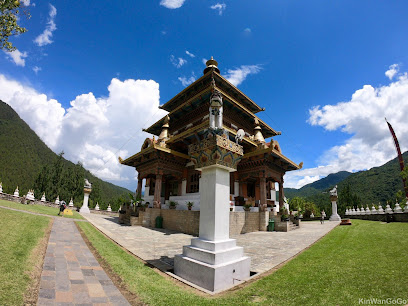
Gangtey Monastery
Discover the majestic Gangtey Monastery in Phobjikha Valley, a tranquil haven offering spiritual and natural beauty in Bhutan.
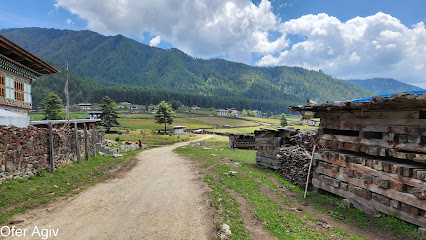
Black-necked Crane Visitor Centre, Phobjikha
Explore the Black-necked Crane Visitor Centre in Phobjikha Valley, where nature and conservation meet in stunning Bhutan.
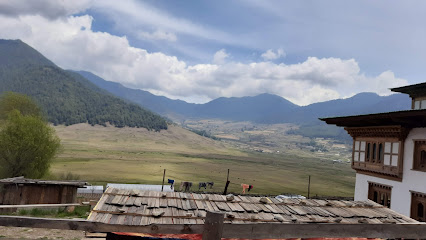
Jigme Singye Wangchuck National Park
Explore the untouched beauty and diverse wildlife of Jigme Singye Wangchuck National Park in Bhutan, a true haven for nature enthusiasts and adventure seekers.
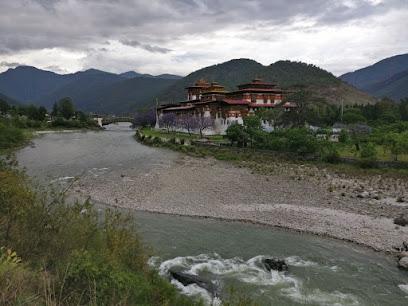
Jigme Khesar Strict Nature Reserve
Discover the breathtaking landscapes and rich biodiversity of Jigme Khesar Strict Nature Reserve, a must-visit destination for nature lovers in Bhutan.
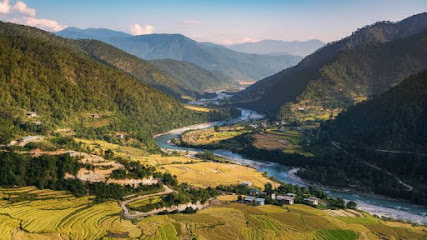
Valleys Of Bhutan
Explore the breathtaking Valleys of Bhutan, where stunning landscapes meet rich cultural heritage in a serene Himalayan paradise.
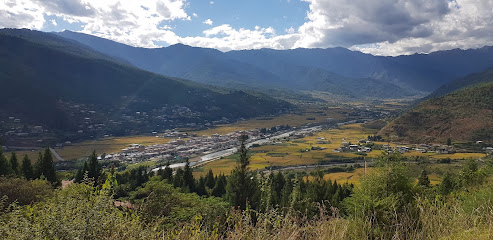
Lawa La
Experience the breathtaking beauty of Lawa La, a stunning mountain pass in Bhutan, where nature and culture come together in harmony.
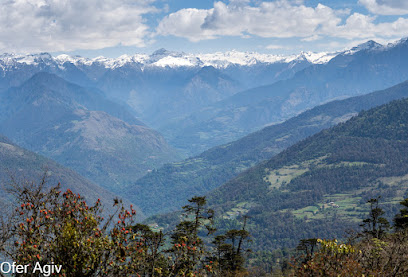
Khewang Lhakhang
Discover the tranquil beauty and spiritual legacy of Khewang Lhakhang in the breathtaking Phobjikha Valley, a hidden gem of Bhutan.
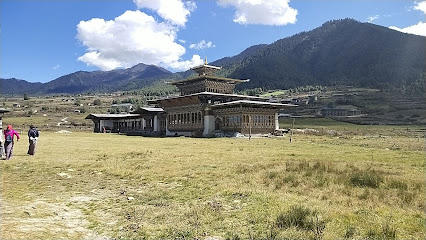
Phobjikha View Point Chorten
Discover the breathtaking views and serene ambiance of Phobjikha View Point Chorten, a must-visit attraction in the heart of Bhutan's stunning landscapes.
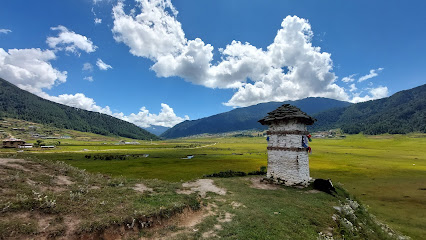
Phaktshoding Cycling & Hiking trail
Discover the enchanting Phaktshoding Cycling & Hiking Trail in Gedu, a haven for outdoor enthusiasts and nature lovers in the heart of Bhutan.
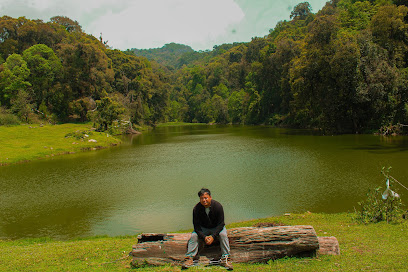
Phobjikha Valley/BNC observatory
Discover the breathtaking Phobjikha Valley, a serene observation deck in Bhutan, famous for stunning landscapes and rich cultural heritage.
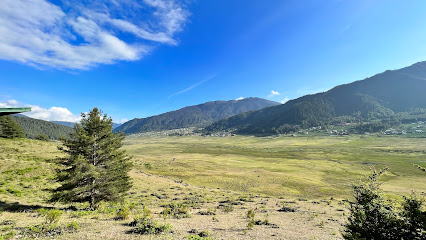
Kumbu Lhakhang
Explore the serene Kumbu Lhakhang, a stunning Buddhist temple nestled in the heart of Bhutan's Phobjikha Valley, rich in culture and tranquility.
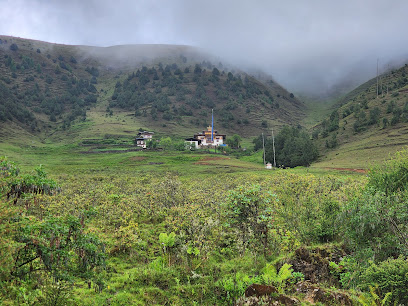
Kueghi Pokto
Explore the historical charm and breathtaking beauty of Kueghi Pokto in the Phobjikha valley, a serene escape into Bhutan's rich heritage.
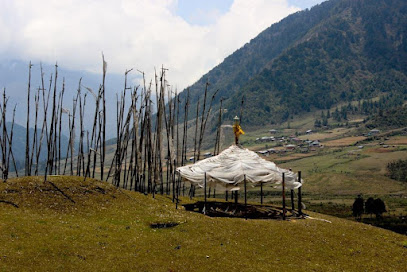
Gangtey-Phobjikha eco camp
Experience the tranquil beauty of Gangtey-Phobjikha Eco Camp, where sustainable living meets the stunning landscapes of Bhutan's Phobjikha Valley.
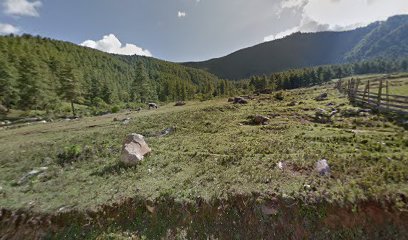
Unmissable attractions to see
Punakha Suspension Bridge
Explore the stunning Punakha Suspension Bridge, Bhutan's longest, offering breathtaking views and a unique cultural experience.
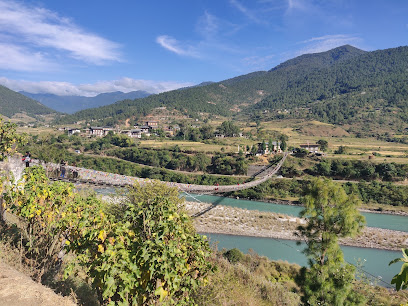
Folk Heritage Museum Kawajangsa
Explore the Folk Heritage Museum in Thimphu and delve into Bhutan's rich traditions and vibrant cultural history.
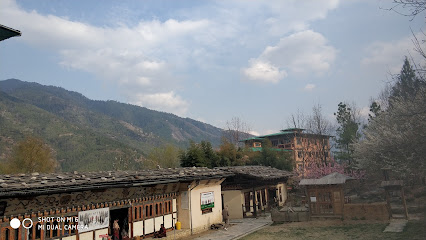
Khamsum Yulley Namgyal Choeten
Discover the serene Khamsum Yulley Namgyal Choeten, a stunning stupa offering breathtaking views and rich cultural experiences in Bhutan's Punakha Valley.
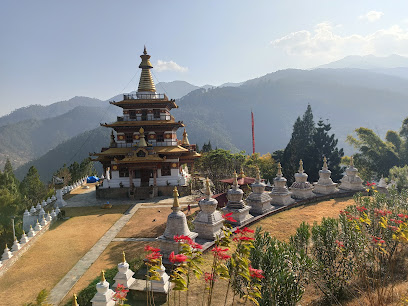
Gangtey Monastery
Discover the tranquil beauty and spiritual richness of Gangtey Monastery in Bhutan's enchanting Phobjikha Valley.
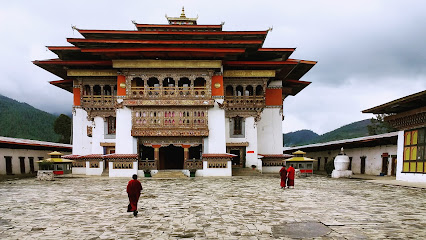
Black-necked Crane Visitor Centre, Phobjikha
Explore the Black-necked Crane Visitor Centre in Phobjikha Valley, a serene destination for nature lovers and conservation enthusiasts in Bhutan.
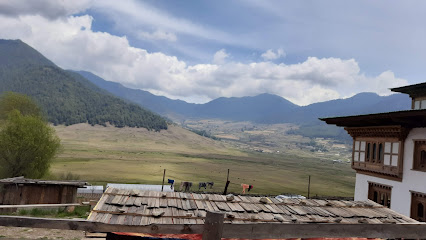
Sangaygang View Point
Discover the stunning panoramas and peaceful atmosphere at Sangaygang View Point, a must-see destination in Bhutan's natural landscape.
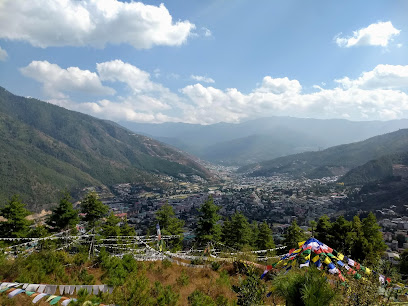
Druk Wangyal Lhakhang
Discover the spiritual beauty of Druk Wangyal Lhakhang, a stunning Buddhist temple at Dochula Pass, offering breathtaking Himalayan views and rich cultural experiences.
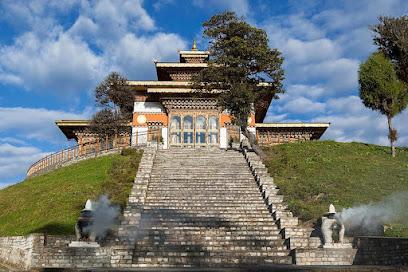
Kabji-Hoka Tsho
Experience the tranquil beauty of Kabji-Hoka Tsho in Mendrelgang, a serene lake surrounded by stunning landscapes and rich cultural heritage.
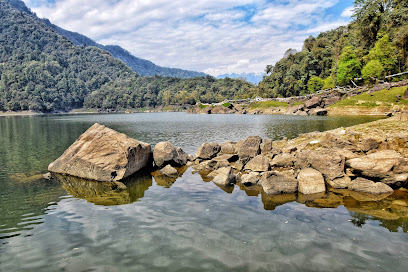
Thangbi Lhakhang ཐངས་བི་ལྷ་ཁང་།
Explore the serene Thangbi Lhakhang, a captivating Buddhist temple in Kurjey, where tranquility meets rich cultural heritage in stunning natural surroundings.
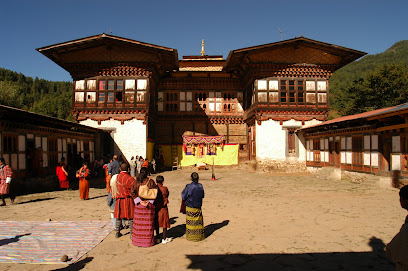
Changyul Galem House
Explore the historical and cultural essence of Bhutan at Changyul Galem House, a serene site in Punakha that showcases traditional architecture and local heritage.
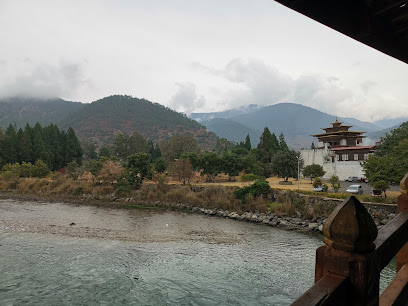
Bubja Waterfall
Discover the enchanting Bubja Waterfall in Bhutan, where nature's beauty and tranquility come together for a breathtaking experience.
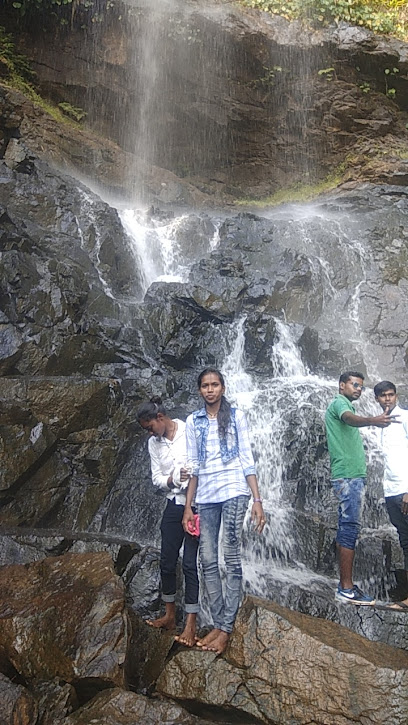
Phobjikha Valley/BNC observatory
Explore the breathtaking Phobjikha Valley with its stunning observation deck showcasing lush landscapes and the majestic black-necked cranes in Bhutan.
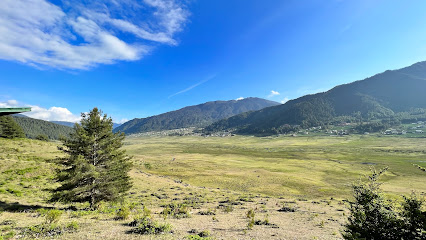
Omley Tshozhaw
Explore the tranquil beauty of Omley Tshozhaw, an artificial lake in Mendrelgang perfect for wildlife enthusiasts and nature lovers alike.
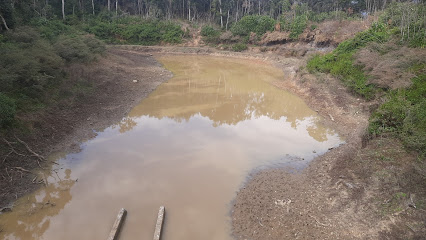
Lamsela
Discover the breathtaking hiking trails of Lamsela in Chemaito, where nature's beauty and adventure await every traveler.
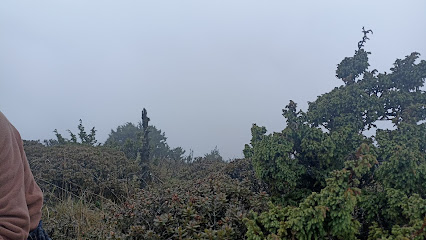
Kuenga Hot Stone Bath
Discover tranquility and wellness at Kuenga Hot Stone Bath, where traditional Bhutanese bathing rituals meet stunning natural landscapes.
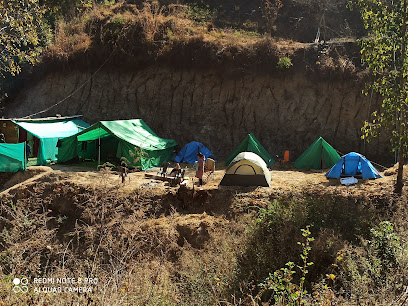
Essential places to dine
Zombala 2 Restaurant
Discover exquisite flavors at Zombala 2 Restaurant in Thimphu—where tradition meets taste in every dish.
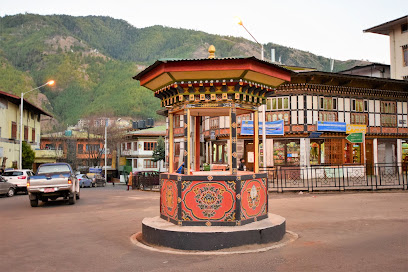
Sonam trophel restaurant
Experience authentic Bhutanese cuisine at Sonam Trophel Restaurant in Paro - where every dish tells a story.
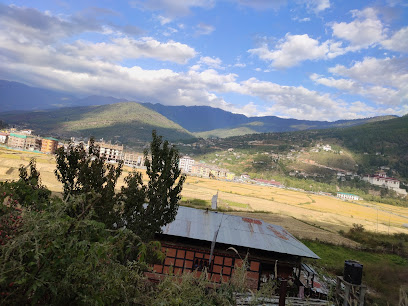
Babesa Village Restaurant
Experience the essence of Bhutan through its flavors at Babesa Village Restaurant in Thimphu - where tradition meets taste.
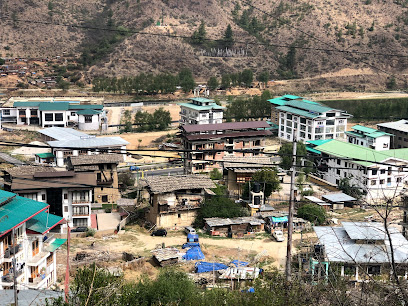
San Maru Restaurant
Experience authentic Korean cuisine at San Maru Restaurant in Norzin - a must-visit for food enthusiasts seeking delightful flavors.
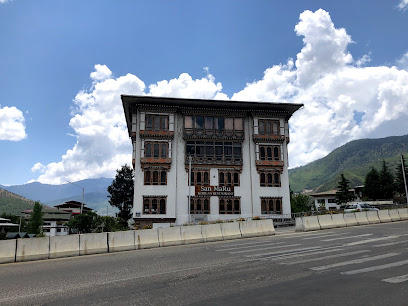
Hayate Ramen
Discover Hayate Ramen in Thimphu: A culinary haven serving authentic Japanese ramen amidst Bhutan's vibrant culture.
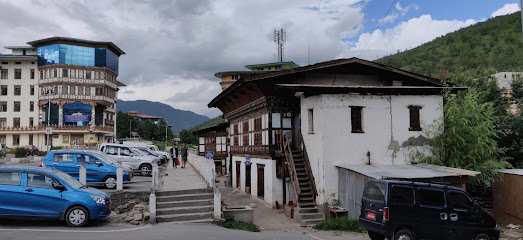
Chh'a Bistro and Bar
Discover the flavors of Bhutan at Chh'a Bistro and Bar in Thimphu – where local meets global cuisine in a vibrant setting.
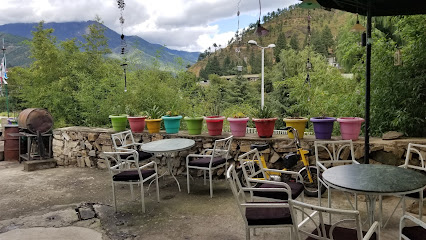
K. B RESTAURANT (Thali Special)
Discover the rich flavors of Bhutan at K. B Restaurant in Wangdue Phodrang—home of the famous Thali special.
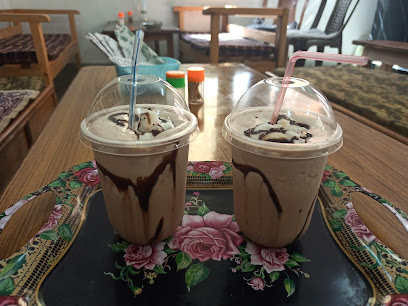
ST WiFi- Tourist Lunch Place
Discover delightful dishes at ST WiFi - Tourist Lunch Place in Sopsokha; where local flavors meet global cuisine.
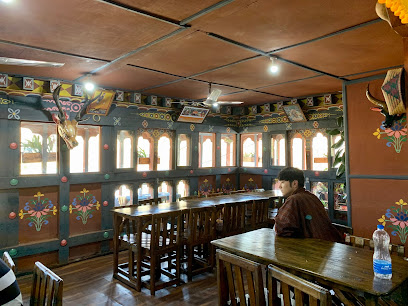
Raven Restaurant
Experience authentic Bhutanese flavors at Raven Restaurant in Khuruthang - where tradition meets taste in an enchanting setting.
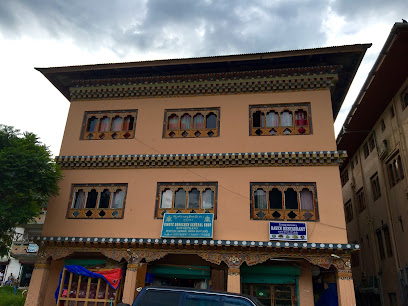
Folk heritage museum restaurant
Discover authentic Bhutanese cuisine while immersing yourself in cultural heritage at Thimphu's Folk Heritage Museum Restaurant.
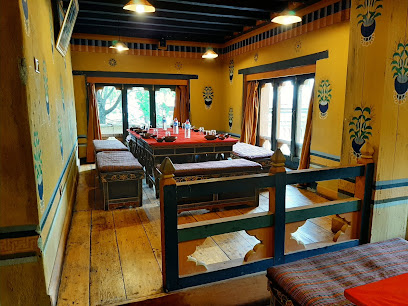
Ghalley Restaurant & Bar
Experience authentic Bhutanese cuisine at Ghalley Restaurant & Bar - where tradition meets taste along the Phuntsholing-Thimphu Highway.
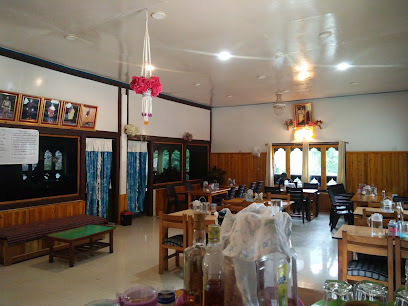
Hoentay Restaurant
Discover the flavors of Bhutan at Hoentay Restaurant—your family-friendly destination for authentic local cuisine in Ha.
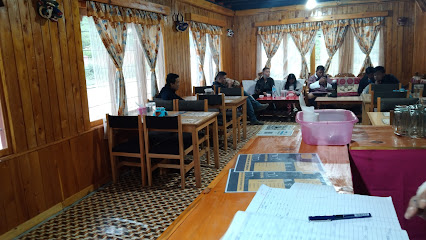
Yangkhil Restaurant
Savor authentic Bhutanese cuisine at Yangkhil Restaurant in Thimphu - where tradition meets taste in a warm and welcoming atmosphere.
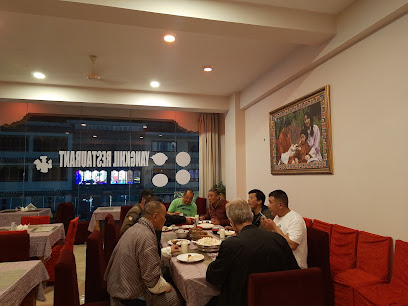
Tou Zaiga Restaurant by BIHT
Experience authentic Bhutanese cuisine in the heart of Paro at Tou Zaiga Restaurant - where every meal tells a story.
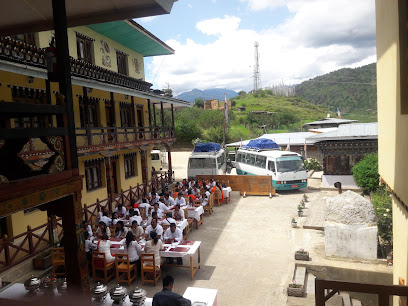
Gangtey Tent Resort
Experience luxury amidst nature at Gangtey Tent Resort—your gateway to adventure and tranquility in Bhutan's breathtaking Phobjikha Valley.
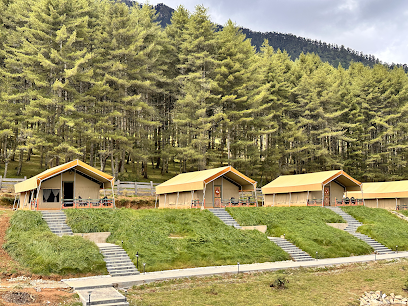
Markets, malls and hidden boutiques
Phobjikha Valley
Experience the breathtaking beauty and rich culture of Phobjikha Valley, a hidden gem in the heart of Bhutan.
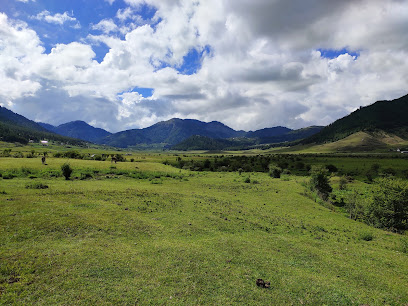
Yangzom General Shop
Discover local treasures at Yangzom General Shop in Phobjikha Valley, where culture and convenience meet.
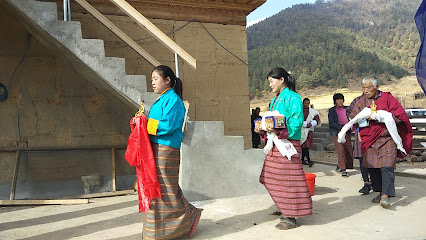
Tashi Khangzang Coffee Cafe
Discover tranquility at Tashi Khangzang Coffee Cafe in Nubding, where aromatic brews meet serene surroundings, perfect for every coffee lover.
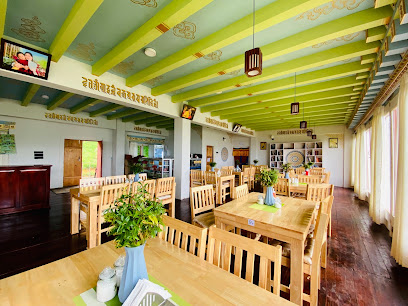
prem pradhan general shop
Explore unique clothing and cultural treasures at Prem Pradhan General Shop in Wangdue Phodrang, a must-visit destination for every traveler.
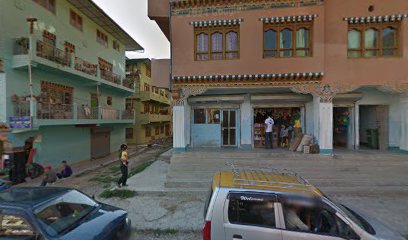
General shop
Discover the vibrant culture and local flavors of Bhutan at Trongsa Khamey General Shop, your gateway to authentic regional products.
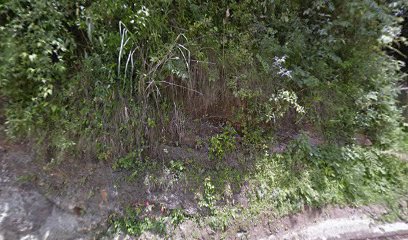
Gyane bazar
Discover the vibrant fashion scene at Gyane Bazar in Toribari, where traditional and contemporary styles come together in a lively shopping experience.

Rinchen Wangmo Tshongkhang
Discover the essence of Bhutanese culture at Rinchen Wangmo Tshongkhang, where local crafts and unique products celebrate the country's rich heritage.
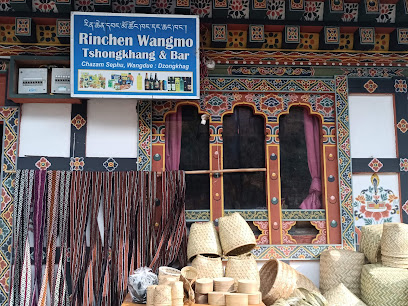
K-L Varieties - Deals in: General & Stationeries
Explore K-L Varieties in Bhutan for a unique shopping experience, blending local culture with a diverse selection of general goods and souvenirs.
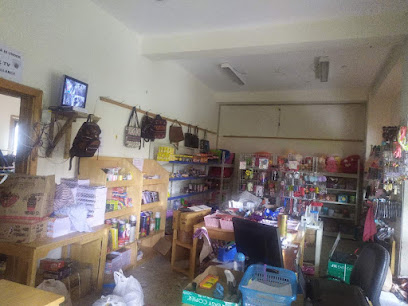
Tshang Lhaye Tshongkhang
Experience the vibrant shopping culture at Tshang Lhaye Tshongkhang, where traditional craftsmanship meets modern retail in Kungarapten.
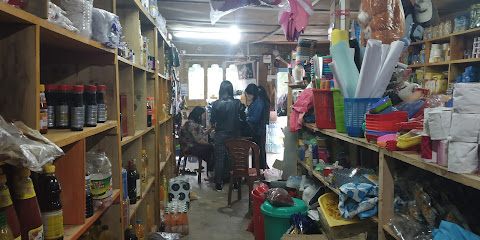
Kinzang Wangdi Tshongkhang
Discover the charm of Kinzang Wangdi Tshongkhang, your gateway to authentic Bhutanese crafts and local culture in the heart of Phobjikha valley.

Rudra ,
Explore Rudra in Upper Gozhi, Bhutan - Your destination for authentic Bhutanese crafts and a cultural experience.
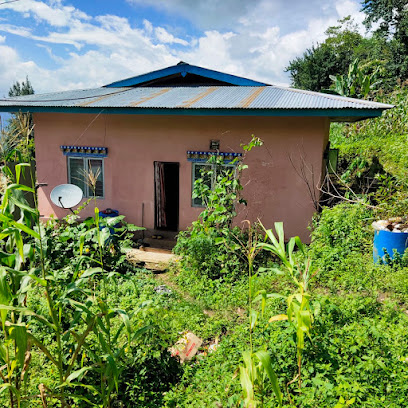
Bhutan Kumar new bealding
Discover the vibrant essence of local commerce at Bhutan Kumar New Building, where cultural heritage meets contemporary shopping in Bhutan.

Tashi Gyeltshen General Shop Cum Bar
Discover local culture at Tashi Gyeltshen General Shop Cum Bar in Phobjikha, where convenience meets the warmth of Bhutanese hospitality.
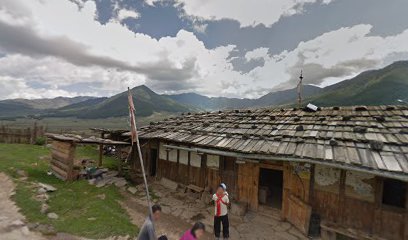
Junkeri shop
Explore Junkeri Shop in Karshong Village for unique Bhutanese crafts and souvenirs that reflect the rich culture and artistry of this beautiful region.
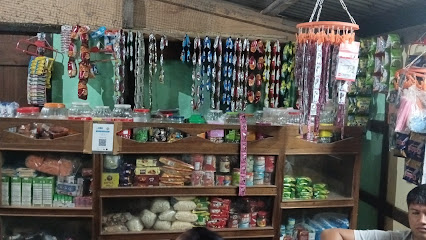
Yukees General Store
Explore Yukees General Store in Karshong Village for authentic Bhutanese crafts and local treasures that showcase the rich cultural heritage of the region.
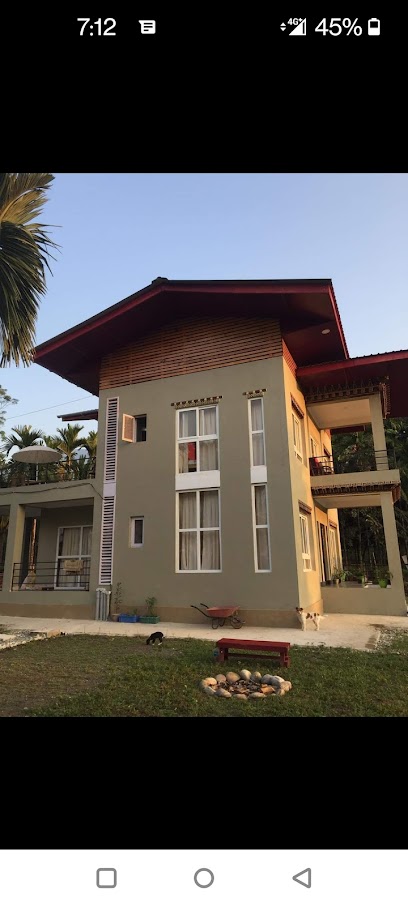
Essential bars & hidden hideouts
Gangtey Tent Resort
Discover the enchanting Gangtey Tent Resort, a luxury glamping experience amidst the breathtaking landscapes of Bhutan's Phobjikha Valley.
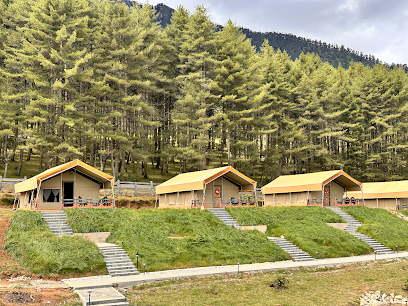
Gadhen Lhayul Restaurant
Discover the authentic flavors of Asia at Gadhen Lhayul Restaurant, a must-visit culinary destination in Nubding.
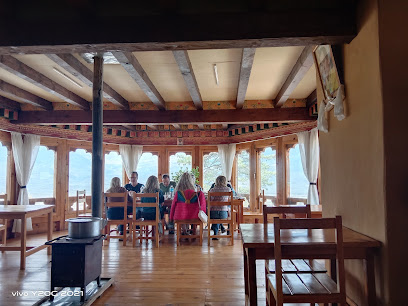
Kuenphen Norbuling Restaurant
Discover authentic Bhutanese flavors amidst the stunning beauty of Phobjikha Valley at Kuenphen Norbuling Restaurant.
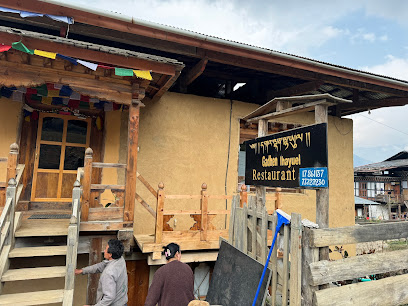
Gaki Hotel
Experience the essence of Bhutanese cuisine at Gaki Hotel, where traditional flavors meet warm hospitality.
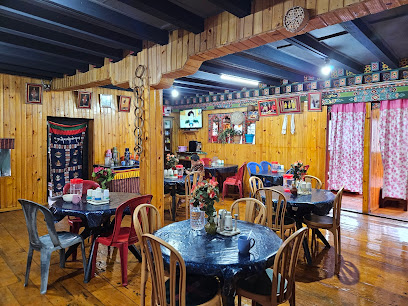
ОКСАНА ГЕННАДЬЕВНА
Discover the charm of Karshong Village at Oksana Gennadievna, where local culture meets a vibrant bar experience in a stunning setting.
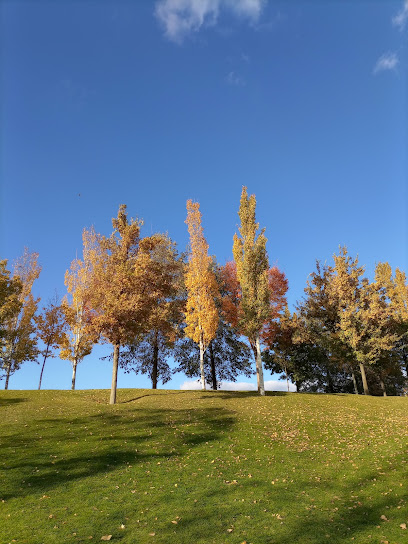
Phuntsho Shop and Bar
Discover the vibrant atmosphere of Phuntsho Shop and Bar in Sawaphu, where local flavors and friendly service create the perfect retreat for travelers.
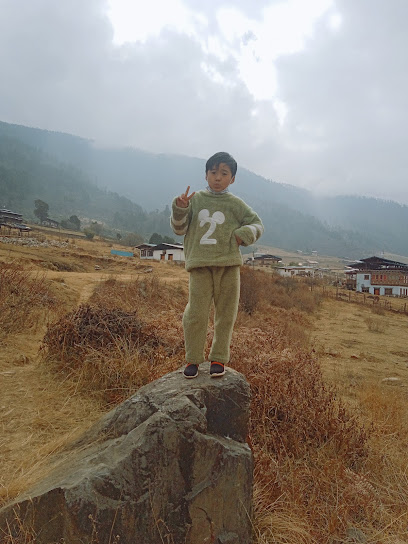
Gangtey Restaurant
Experience the essence of Bhutanese cuisine at Gangtey Restaurant, a charming eatery nestled in the heart of Nubding, Bhutan.
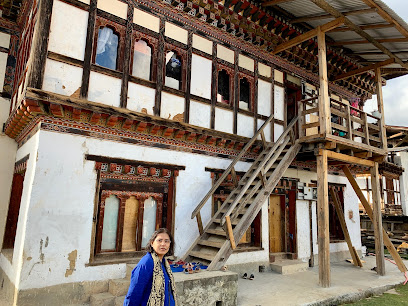
Black Necked Crane Restaurant
Discover the flavors of Bhutan at Black Necked Crane Restaurant, where authentic cuisine meets stunning views in the heart of Nubding.
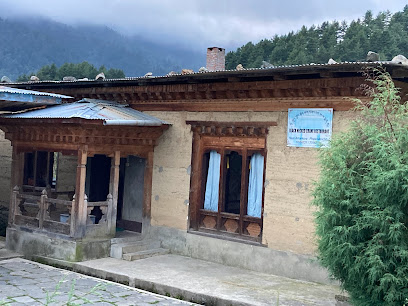
wangchuk dem restaurant
Discover the heart of Bhutanese cuisine at Wangchuk Dem Restaurant in Gangtey, where authentic flavors meet stunning views.
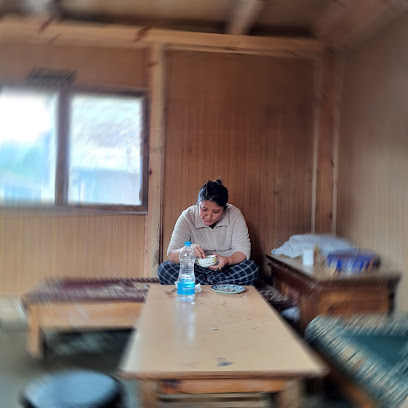
Ugyen Gaki Restaurant & Bar
Indulge in authentic Bhutanese flavors at Ugyen Gaki Restaurant & Bar in scenic Chendebji, a culinary gem that reflects Bhutan's vibrant culture.
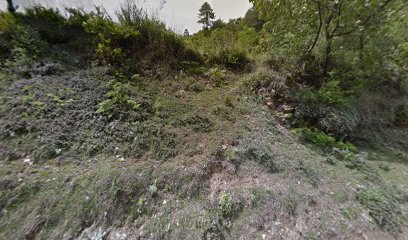
Kuenphen karaoke
Experience the vibrant nightlife at Kuenphen Karaoke in Wangdue Phodrang – where music, fun, and community come together.
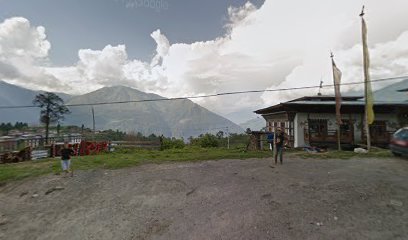
Tashi Gyeltshen General Shop Cum Bar
Discover the charm of Tashi Gyeltshen General Shop Cum Bar in Phobjikha Valley, where local culture meets convenience in a delightful setting.
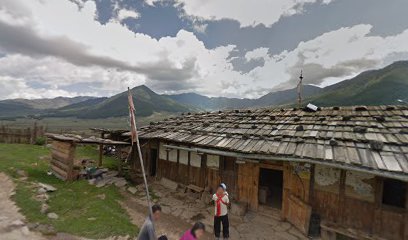
Himalayan Bar
Discover the Himalayan Bar in Thinyelgang, where local culture meets breathtaking views and a vibrant social scene.
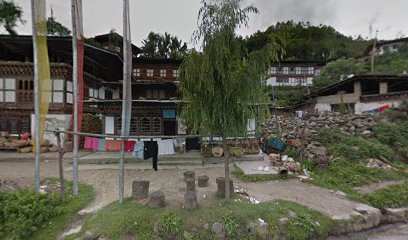
Ugyen bar
Experience the vibrant atmosphere of Ugyen Bar in Punakha, where local spirits and warm hospitality meet Bhutanese culture in a unique setting.
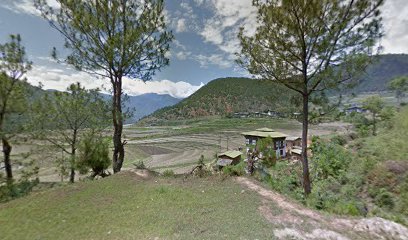
Local Phrases about Phobjikha Valley
-
- Helloཇོ ཇོ
[jo jo] - Goodbyeབོ མདོ
[bo mdo] - Yesགིས
[gi] - Noམེད
[me] - Please/You're welcomeམེདན
[men] - Thank youབསམ
[sam] - Excuse me/Sorryསྐོར
[kor] - How are you?ཁ ལས བ ཤི?
[kha le ba shi?] - Fine. And you?ལས བ ཤི. ཁ ལས བ ཤི?
[le ba shi. kha le ba shi?] - Do you speak English?ཨཨ ར ང ཏ ཤ བ ཁ ལས ཚ བ ཡ ག སར?
[a ra ng ta sha ba kha le tsa ba yag sar?] - I don't understandཁ ར ང ཤི ཧྲ
[kha ra ng shi hra]
- Helloཇོ ཇོ
-
- I'd like to see the menu, pleaseམ ང མག ད ཤ དབ མེདན
[ma nga mag da sha men] - I don't eat meatཁ ར ང སྟར མེ
[kha ra ng star me] - Cheers!ཝར ར
[war ra] - I would like to pay, pleaseམ ང ཛོར མེདན
[ma nga zor men]
- I'd like to see the menu, pleaseམ ང མག ད ཤ དབ མེདན
-
- Help!བ ད
[ba da] - Go away!ས ཛད
[sa zda] - Call the Police!དགར ཀབ ཡ དད
[dgar kab ya da] - Call a doctor!དགར ཨད མག
[dgar ad mag] - I'm lostཁ ར ང བད སར
[kha ra ng da sar] - I'm illཁ ར ང འས སར
[kha ra ng as sar]
- Help!བ ད
-
- I'd like to buy...མ ང སར བ
[ma nga sar ba] - I'm just lookingཁ ར ང གར བ གས
[kha ra ng gar ba gas] - How much is it?ཁ ས སས ད?
[kha sa sad?] - That's too expensiveད ད ས བས ད
[da da sa sam da] - Can you lower the price?ཁ ས སས ད
[kha sa sad]
- I'd like to buy...མ ང སར བ
-
- What time is it?ཁ ཨ ད ཧར?
[kha a da har?] - It's one o'clockཨ ད ཉ
[a da nyi] - Half past (10)སྟར ཁ འི
[star kha yi] - Morningཡ བ
[ya ba] - Afternoonཏ ཤཙ
[ta sha ts] - Eveningཝར
[war] - Yesterdayཡ བལ
[ya bal] - Todayད ར
[da ra] - Tomorrowར ཏ
[ra ta] - 1ཨ
[a] - 2བ
[ba] - 3ག
[ga] - 4ན
[na] - 5ཙ
[tsa] - 6ཚ
[tsa] - 7ཞ
[zha] - 8ཟ
[za] - 9ཡ
[ya] - 10ཙ
[tsa]
- What time is it?ཁ ཨ ད ཧར?
-
- Where's a/the...?ཁ ད ཐ ར?
[kha da tha ra?] - What's the address?ཁ ད ལ མཆ
[kha da la cha] - Can you show me (on the map)?ཁ ས མད བ?
[kha sa men ba?] - When's the next (bus)?ཁ ཉ ཏ ཤར?
[kha nyi ta shra?] - A ticket (to ....)མ བ ད ཏ (....)
[ma ba da ta]
- Where's a/the...?ཁ ད ཐ ར?
History of Phobjikha Valley
-
Phobjikha Valley, nestled in the Black Mountains of Bhutan, has a history that dates back to ancient times. The valley was traditionally inhabited by nomadic yak herders and subsistence farmers who found the fertile land ideal for agriculture. The isolation of the valley, surrounded by thick forests and towering mountains, helped preserve its unique culture and traditions over the centuries.
-
The introduction of Buddhism to Phobjikha Valley played a significant role in shaping its cultural landscape. In the 17th century, the revered Tibetan saint, Pema Lingpa, visited the valley and blessed the land. His influence led to the construction of several sacred sites, including the Gangtey Monastery, which became a central spiritual and cultural hub for the local community.
-
Founded in 1613 by the first Gangteng Trulku, Pema Thinley, the Gangtey Monastery is one of the most important religious institutions in Bhutan. It belongs to the Nyingma school of Tibetan Buddhism and serves as the winter residence of the Gangteng Trulku. The monastery's stunning architecture and its role in hosting important religious festivals, such as the annual Black-necked Crane Festival, make it a focal point of cultural life in Phobjikha.
-
Phobjikha Valley is renowned for being the winter habitat of the endangered Black-necked Crane. These majestic birds migrate from Tibet to the valley every year, and their arrival is celebrated with the Black-necked Crane Festival at Gangtey Monastery. Conservation efforts in the valley have been crucial in protecting the cranes and their habitat, making Phobjikha a model for sustainable ecotourism in Bhutan.
-
The culture of Phobjikha Valley is rich with traditional festivals and rituals. Apart from the Black-necked Crane Festival, the valley also hosts annual religious ceremonies such as the Tsechu, a series of masked dances and cultural performances held in honor of Guru Rinpoche. These festivals are not only religious observances but also serve as a means of preserving and passing down the valley's cultural heritage.
-
Despite modern influences, Phobjikha Valley has maintained its traditional way of life. Efforts by the Bhutanese government and local communities have ensured that development in the valley is sustainable and in harmony with the environment. Initiatives such as eco-friendly tourism, organic farming, and renewable energy projects have helped preserve the valley's pristine beauty and cultural integrity.
Phobjikha Valley Essentials
-
Phobjikha Valley is located in the Wangdue Phodrang District of Bhutan. The nearest international airport is Paro International Airport, approximately 140 kilometers away. From Paro, you can hire a taxi or join a guided tour to reach Phobjikha Valley. The journey typically takes around 5 to 6 hours by road, passing through scenic mountain passes and lush forests.
-
Phobjikha Valley is a relatively remote area, and most of its attractions are best explored on foot or by hiring a taxi. There are no public buses within the valley itself, but you can arrange for private transportation through local tour operators. Renting a car is not recommended due to the challenging mountain roads and local driving conditions.
-
The official currency in Bhutan is the Bhutanese Ngultrum (BTN). While credit cards are accepted in some hotels and larger shops, it is advisable to carry cash, especially for smaller establishments and local markets. ATMs are scarce in Phobjikha Valley, so it's best to withdraw sufficient cash in larger towns like Thimphu or Paro before traveling to the valley.
-
Phobjikha Valley is generally a safe destination for tourists. The crime rate is very low, and violent crimes are rare. However, it is always prudent to take standard travel precautions, such as keeping an eye on your belongings and avoiding isolated areas at night. There are no specific high-crime areas targeting tourists in the valley.
-
In case of emergency, dial 113 for police assistance and 112 for medical emergencies. The nearest medical facilities are in Wangdue Phodrang town, which is about 1.5 to 2 hours away by road. It is highly recommended to have travel insurance that covers medical emergencies and evacuation. For minor health issues, carry a basic first-aid kit and necessary medications.
-
Fashion: Do dress modestly, especially when visiting religious sites. Avoid wearing revealing clothing. Religion: Do show respect for local customs and traditions. Always remove your shoes and cover your head when entering temples and monasteries. Public Transport: Do be patient and respectful. Public transport options are limited, so plan accordingly. Greetings: Do greet people with a slight bow and the traditional 'Kuzuzangpo La' (Hello). Eating & Drinking: Do try local delicacies such as Ema Datshi (chili cheese stew) and accept food offerings graciously. Don't waste food, as it is considered disrespectful.
-
To experience Phobjikha Valley like a local, consider staying in a homestay where you can immerse yourself in the local culture and lifestyle. Visit the Gangtey Monastery, an important religious site, and take part in local festivals if your visit coincides with them. The Black-Necked Crane Festival in November is a unique event celebrating the arrival of these migratory birds. Don't miss out on nature walks and bird-watching opportunities in the valley.
Trending Landmarks in Phobjikha Valley
-
Khamsum Yulley Namgyal Choeten
-
Gangtey Monastery
-
Black-necked Crane Visitor Centre, Phobjikha
-
Jigme Singye Wangchuck National Park
-
Jigme Khesar Strict Nature Reserve
-
Valleys Of Bhutan
-
Lawa La
-
Khewang Lhakhang
-
Phobjikha View Point Chorten
-
Phaktshoding Cycling & Hiking trail
-
Phobjikha Valley/BNC observatory
-
Kumbu Lhakhang
-
Kueghi Pokto
-
Gangtey-Phobjikha eco camp
Nearby Cities to Phobjikha Valley
-
Things To Do in Trongsa
-
Things To Do in Punakha
-
Things To Do in Bumthang
-
Things To Do in Thimphu
-
Things To Do in Jakar
-
Things To Do in Paro
-
Things To Do in Phuentsholing
-
Things To Do in Mongar
-
Things To Do in Trashigang
-
Things To Do in Gangtok
-
Things To Do in Siliguri
-
Things To Do in Darjeeling
-
Things To Do in Rangpur
-
Things To Do in Guwahati
-
Things To Do in Shillong









